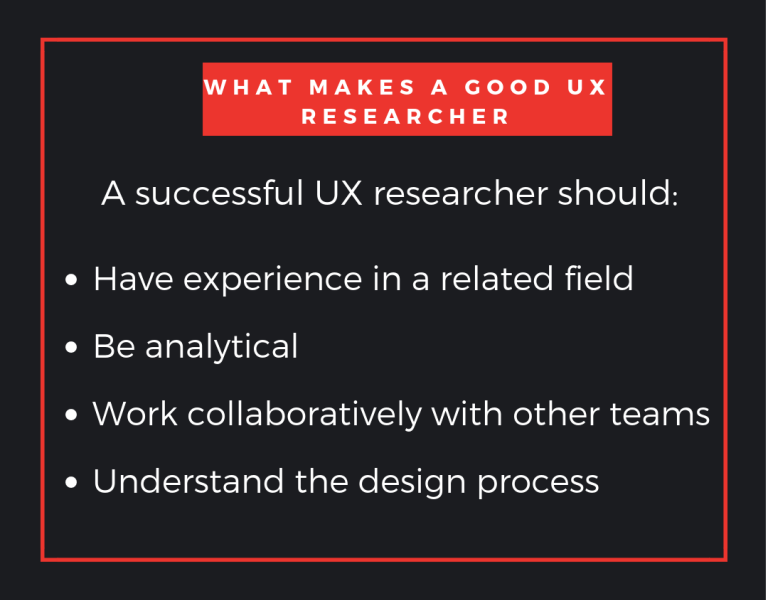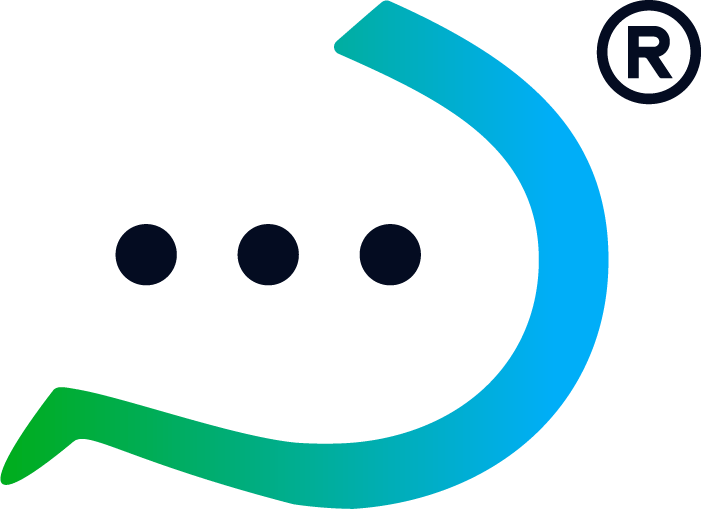Every quality UX design is a result of quality user experience research. UX research is an area of UX that is responsible for conducting several researches that allows UX designers go into the ideation process with a full knowledge and clear understanding of the users they are trying to serve.

UX research involves the process of capturing user needs, pain points, and behavioral patterns through different observation and feedback collection methods. This process is the cornerstone of any product’s UX design.
Some brands like Google, Airbnb, Chilling design and Amazon all have one thing in common: an awesome user experience. These brands a;; have websites that are straightforward and easy to use, giving their users the best experience and many (including Airbnb co-founder Joe Gebbia) have attributed the success of these “startup unicorns” to strong UX research and design.
In 2017, CNNMoney’s 100 Best Jobs in America list included UX design and UX research jobs. The ranking was generally based on growth rate, job salary, and job satisfaction. UX research came in at No. 39, with an average annual salary of $106,000 and an estimated 10-year job growth of 19% while User experience design was No. 99, with an average annual salary of $85,900 and an estimated 10-year job growth of 13%..
According to AltexSoft technology consulting firm, UX workflow is categorized into several phases which includes research, discovery, design and prototyping, ideation/elaboration, development, maintenance and growth. A UX Researcher will often work alongside a UX Designer throughout all of these phases.

A UX Researcher uses a set of research methodologies and activities to create a user-centric product. These activities often include:
- background studies of user
- user research through interviews, questionnaires, surveys, etc.
- Analyzing and processing the benchmark information.
- sharing collected data with the product team and stakeholders.
In clear and simple terms, UX research simply connects the dots between user needs, market gap, and business value.
As the world evolves, lots of successful and skilled UX designers have realized the importance of gaining UX research skills to better improve their knowledge in UX and therefore, UX research has now become an important skill for every UX designer.
What are these UX Research Skills? Let’s look at some of them.
Statistics and Analysis:
It is important in UX research that a researcher is able to calculate, understand and interpret the information from internal and external resources on a regular basis. This helps in calculating and predicting how product users will interact with a product.
Communication skills.
UX design is a complete team effort. Team members on a project may often include UX Designers, UX Researchers and Product Managers. Researchers mostly work with stakeholders and end users. A UX researcher needs to understand the brand concept within the context of the end user’s needs. A researcher also often engages users in interviews and surveys and then goes back to stakeholders and the team to discuss findings on users and their needs, helping the team align the product objectives and target the user’s pain points.
Therefore, it is important that a UX researcher must be comfortable working with other people and must know how to communicate efficiently and effectively with them.
UX design.
Since UX research is an essential phase in designing and visualizing processes, a UX researcher must also know UX design techniques and its deliverables, such as information architecture, wireframes, screens, prototypes, user flows, and mockups. And every UX designer must learn to test their skills including research skills.
Domain competence.
A qualified UX researcher needs to always be aware of competitor products and their user flows. This helps to capture and refine the product-market fit.
Cognitive and behavioral psychology awareness.
To arrive at concrete conclusions, a UX researcher doesn’t only ask questions. An expert will focus and analyze how users interact generally. These interactions may include, non-verbal signs, such as gestures or mimics, that convey more meaning than words. A good UX researcher will detect, interpret, and embed these interactions into a model of user-product interaction.
Time management skills
Research requires an ability to iterate quickly, therefore, a researcher always needs to manage their time well and be comfortable working in a fast-paced environment.
Software development processes.
An important research skill is the knowledge of software development processes. A researcher needs to have a general knowledge of product development stages. They must know activities, interactions, and responsibilities, within the development process across the team.
Problem-solving
UX design is largely focused on solving user problems. The research phase focus on figuring out what these problems are directly from the user. A researcher needs to recognize potential user problems during the research phase and brainstorm actionable steps a designer could take to solve them.
UX research tools knowledge.
Every expert will tell you that high-level research can always be conducted with a paper, a pen, and a voice recorder – tools. Every form of research requires suitable tools. A UX researcher must use tools for finding, targeting, and reaching users, whether for interviews, questionnaires, or data storing and sharing. To analyze user behavior, you must have a knowledge of Google Analytics, Google Optimize, or some other A/B testing environment.

Final Thoughts
UX is a rapidly growing field and while UX design is more concerned with the user-facing final outcome of the project, research focuses on the user’s wants and needs.
Observation, understanding, and analysis are the three key methodologies employed by UX researchers and can be done through interviews, surveys, or usability testing.
A UX researcher must have a solid understanding of analytics and the entire design process, but will also need soft skills such as adaptability, understanding of human behavioral patterns, and willingness to collaborate.
While we recognize the importance of a dedicated UX researcher, most businesses no longer hire one as some other people in different career roles like the UX designer, Business analyst and Product manager can easily jump in and perform the required research tasks.


